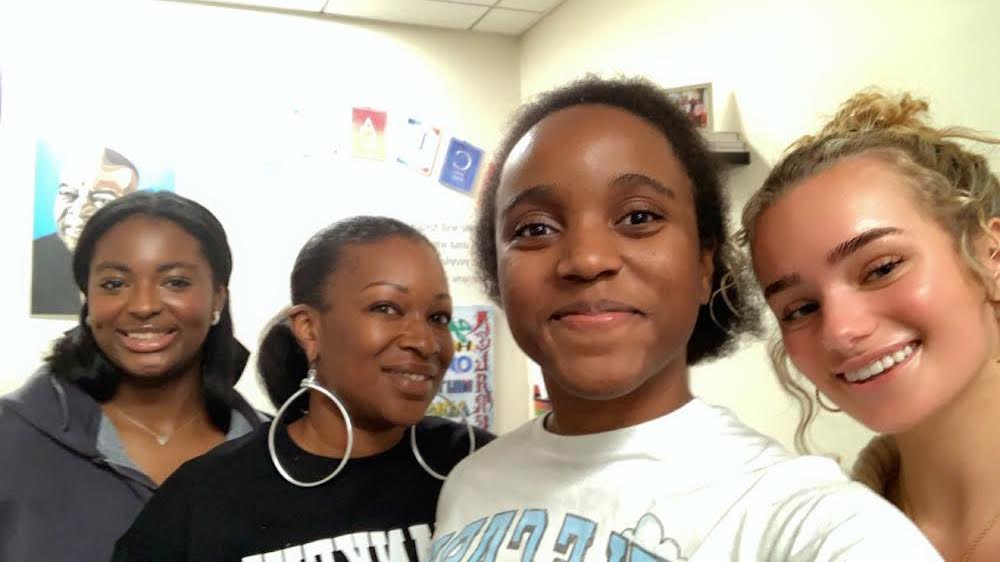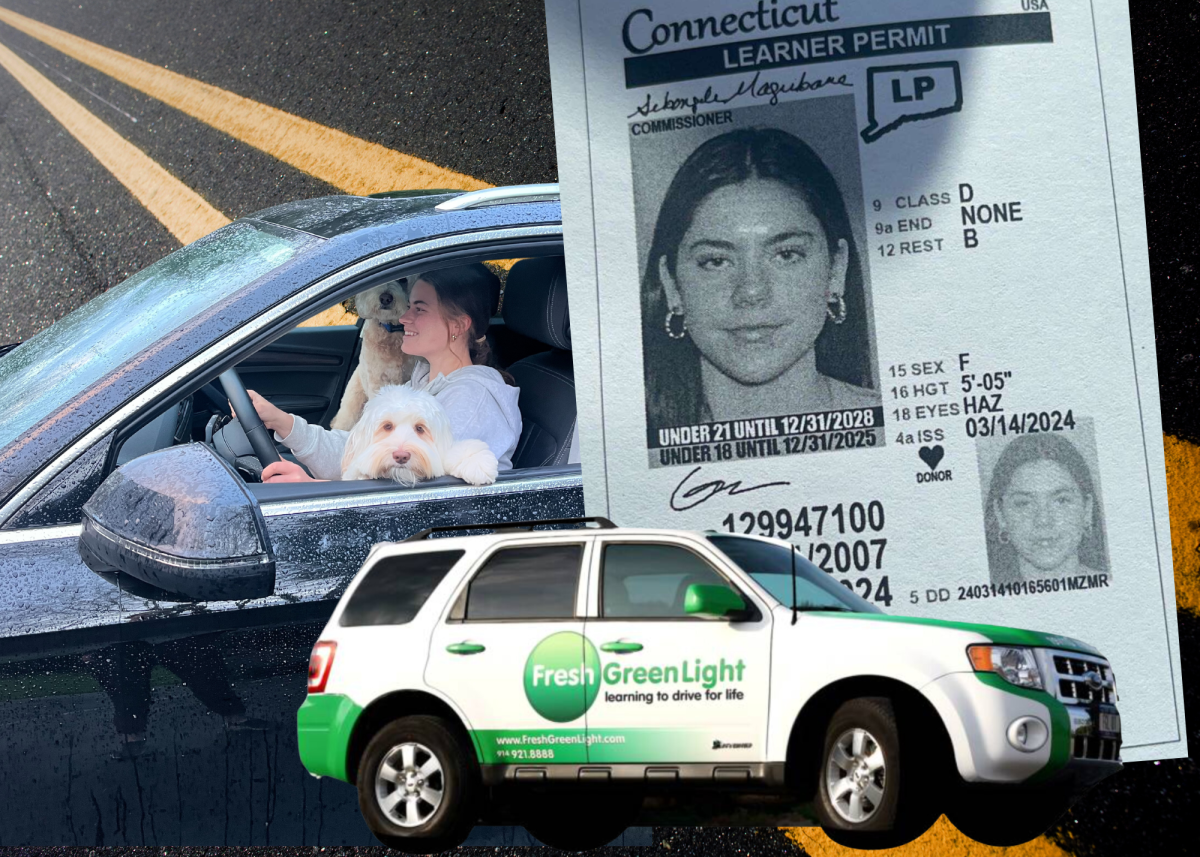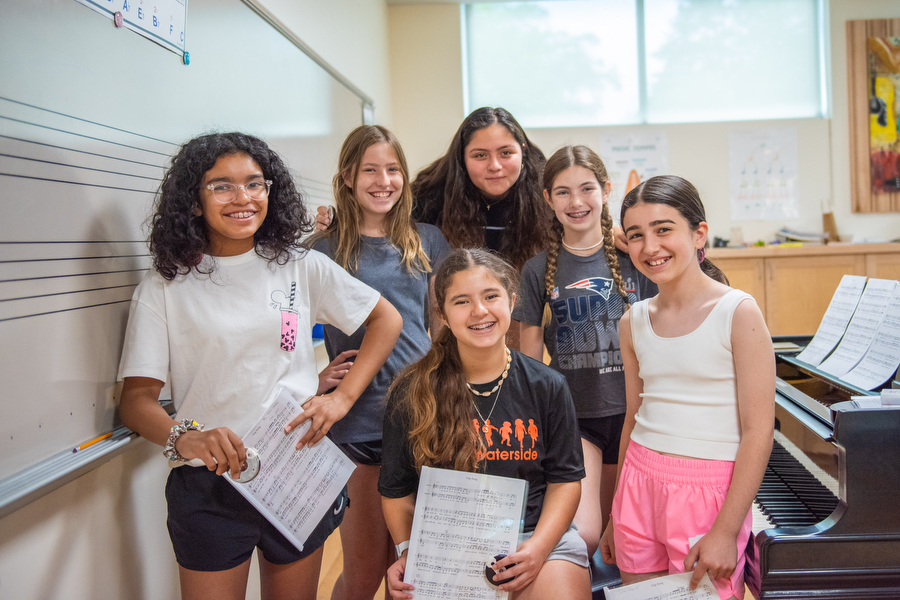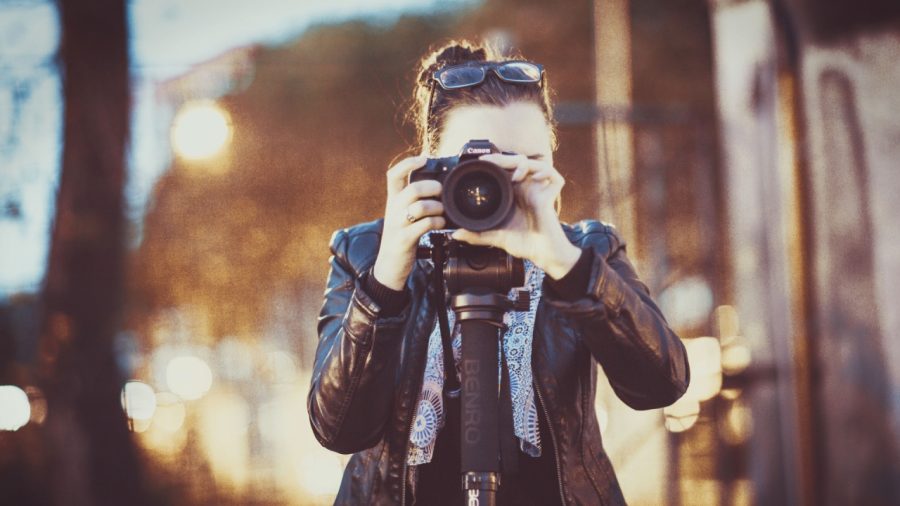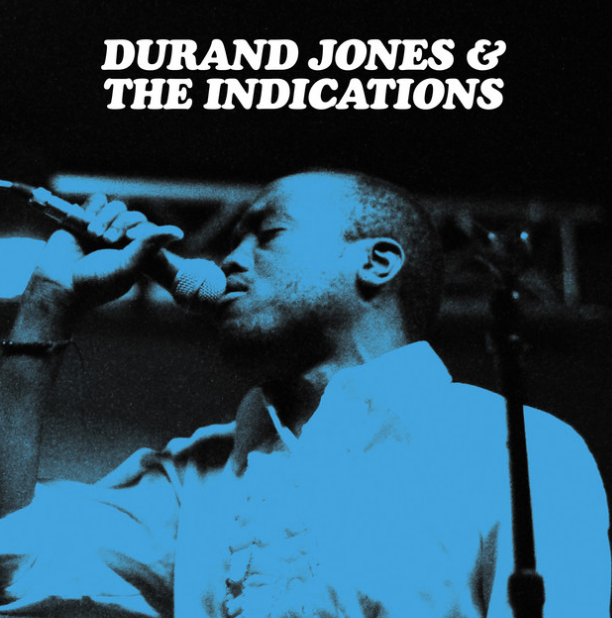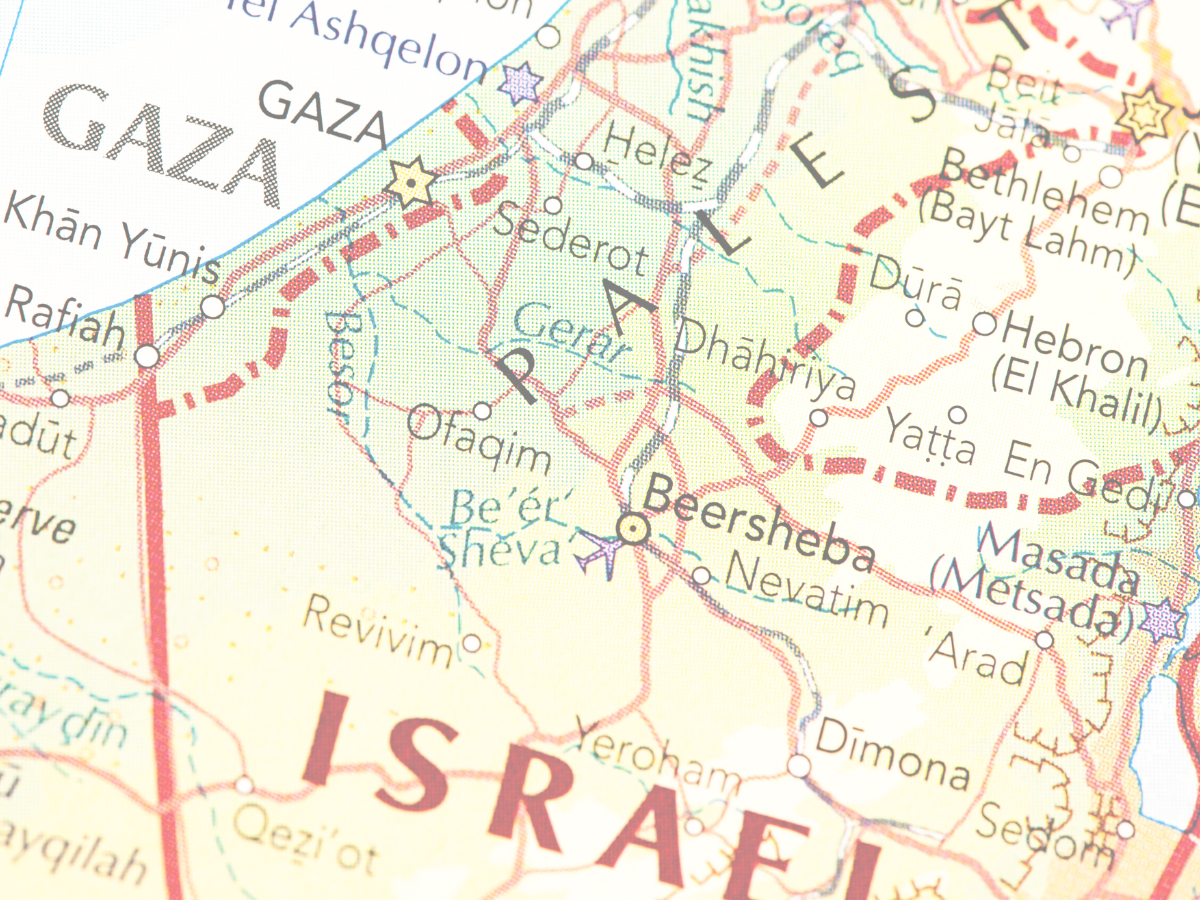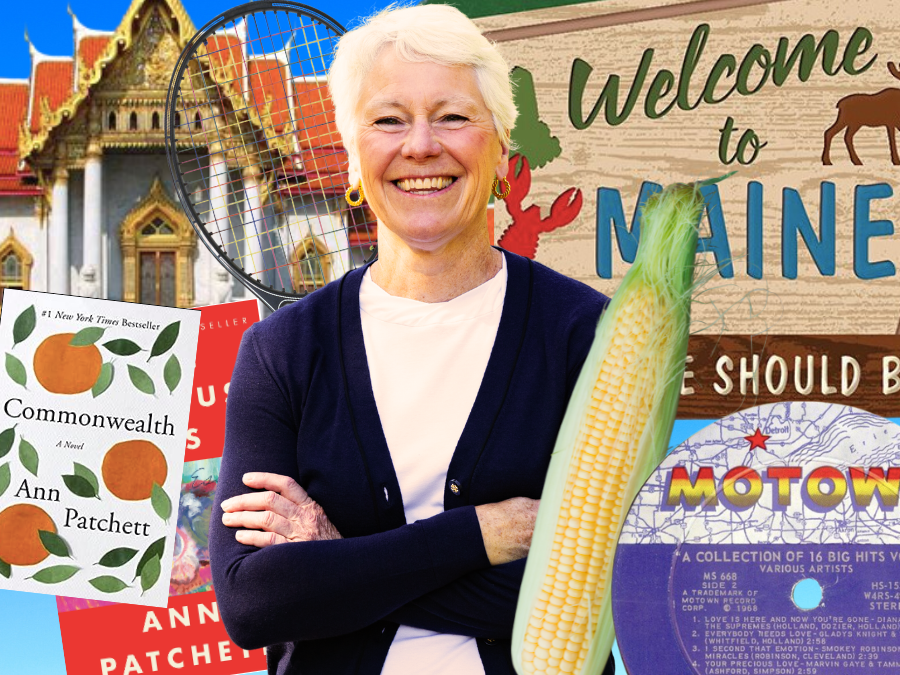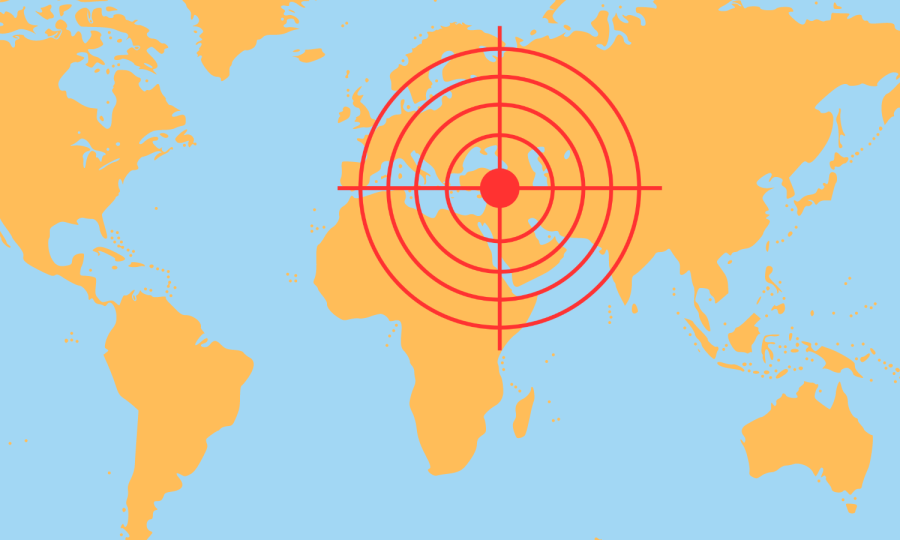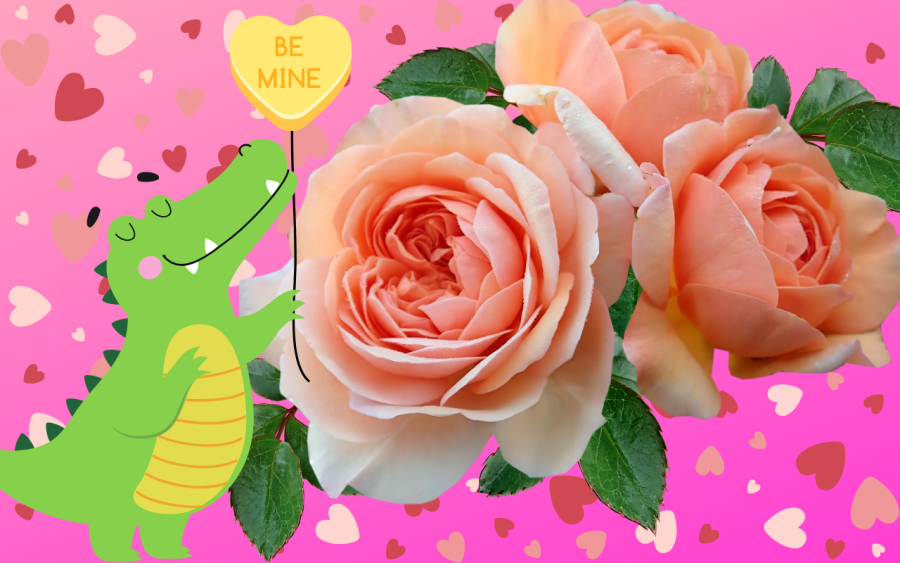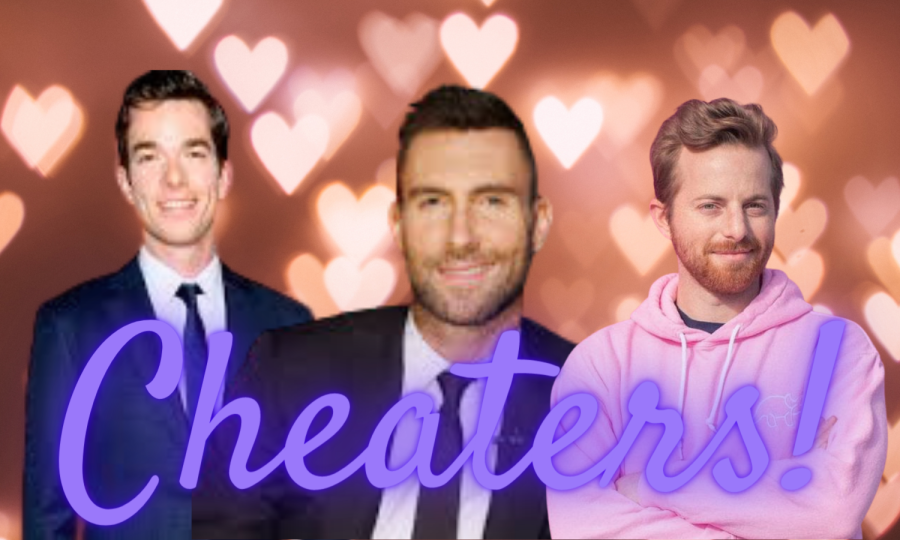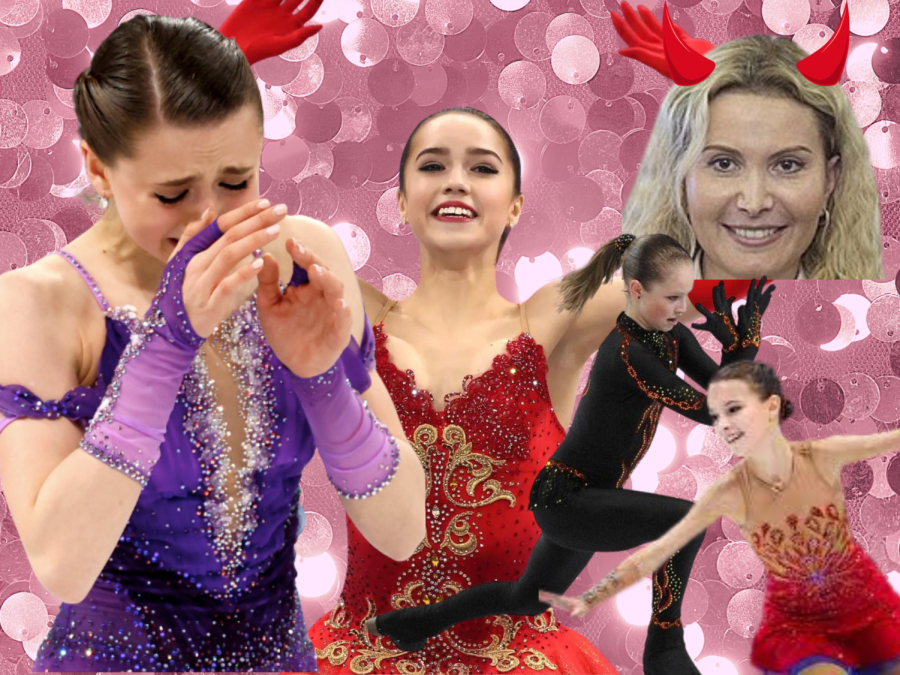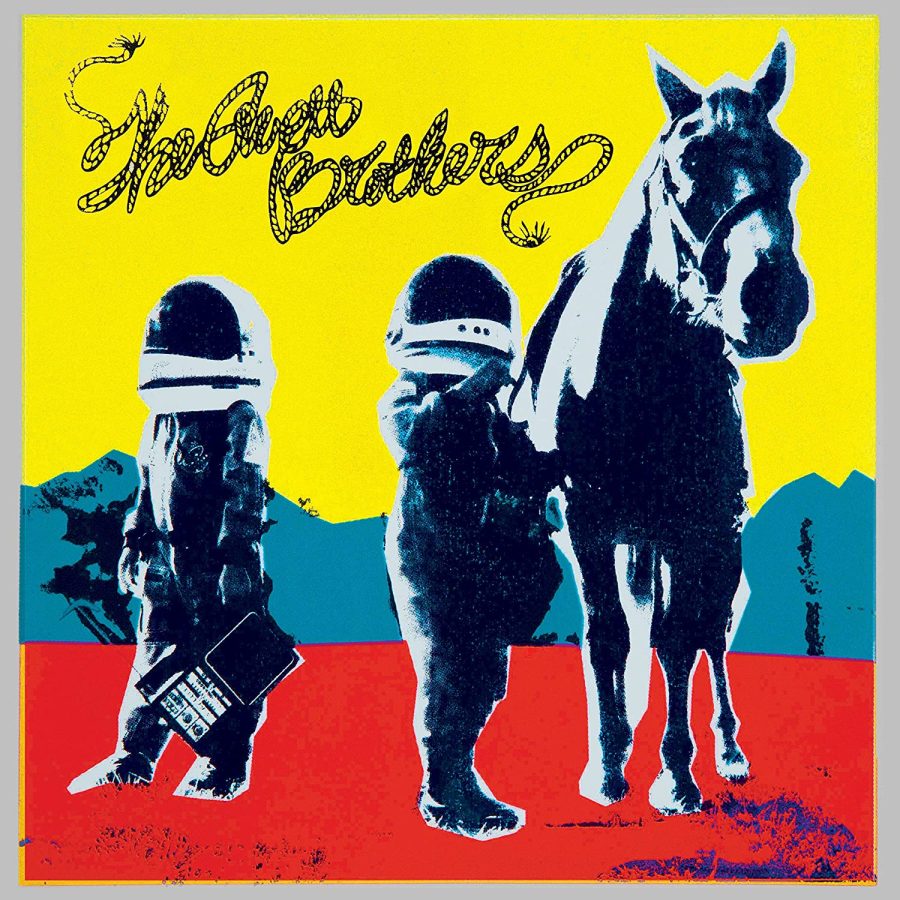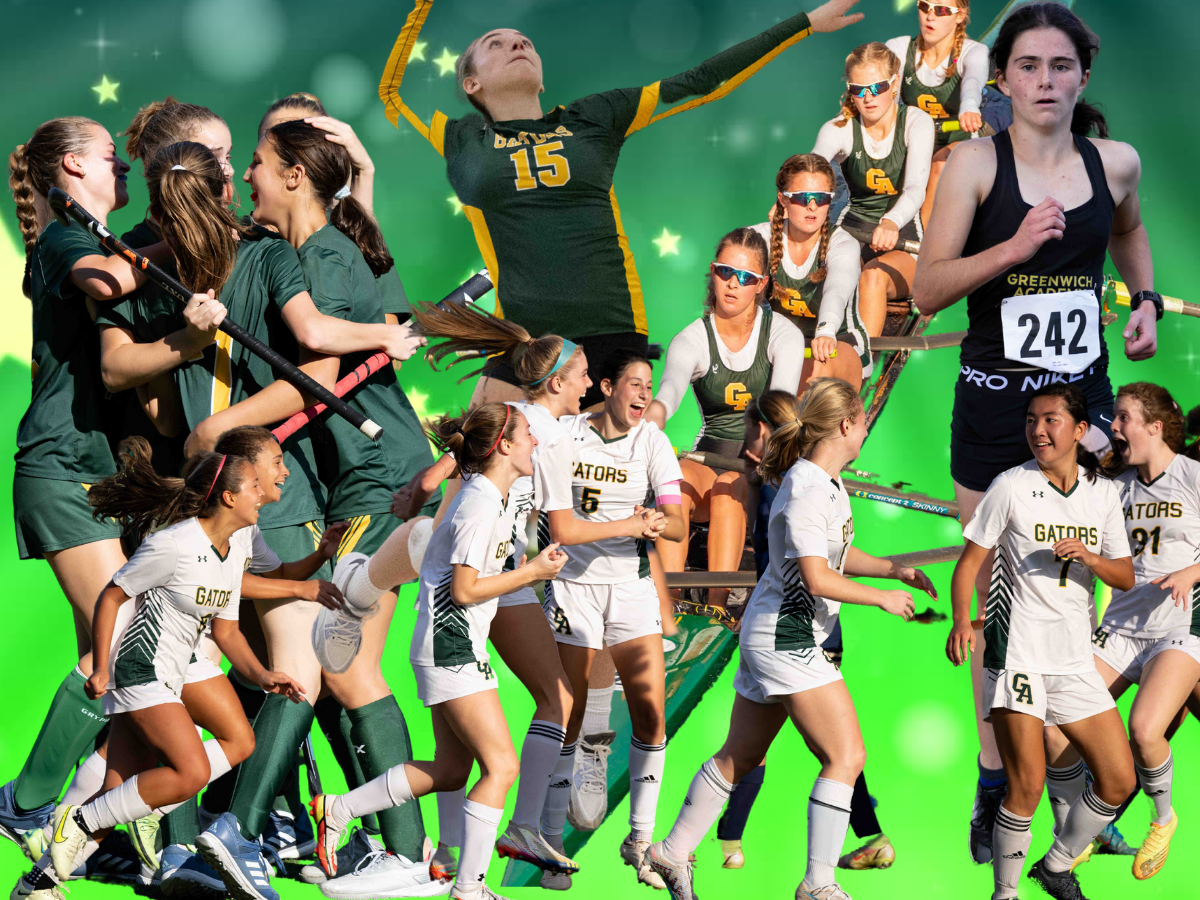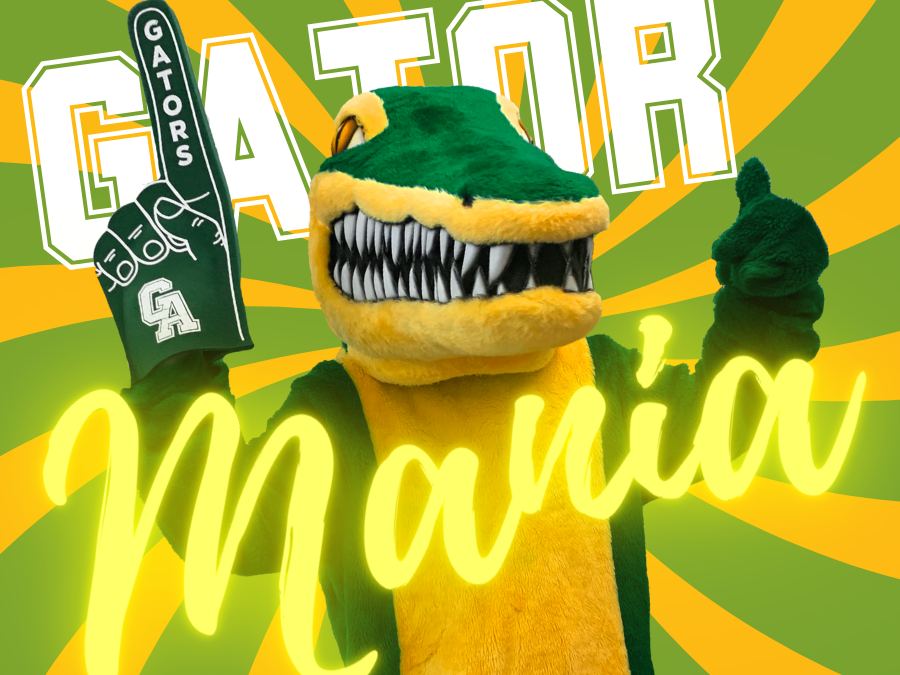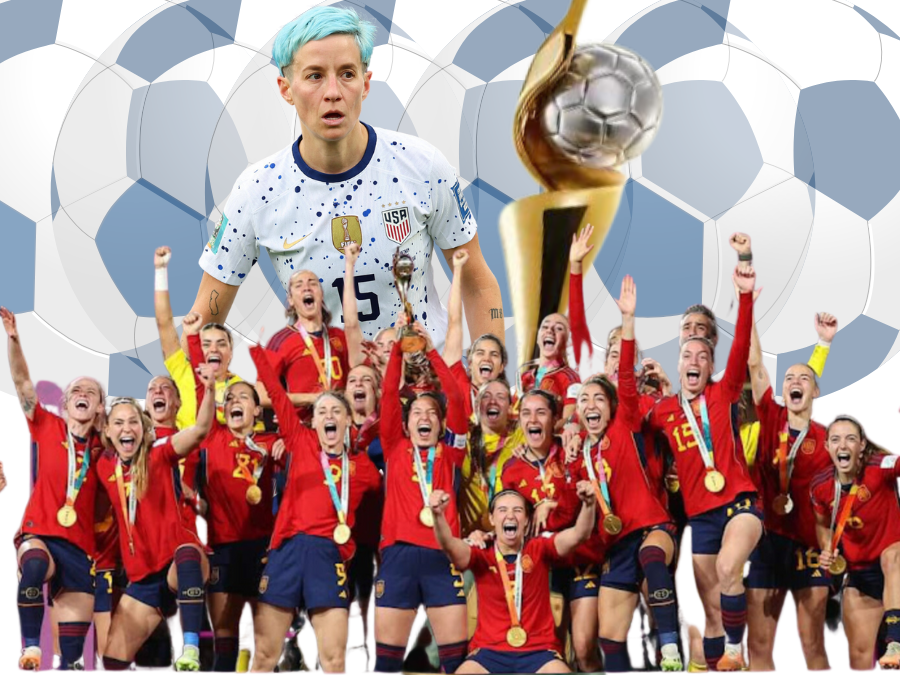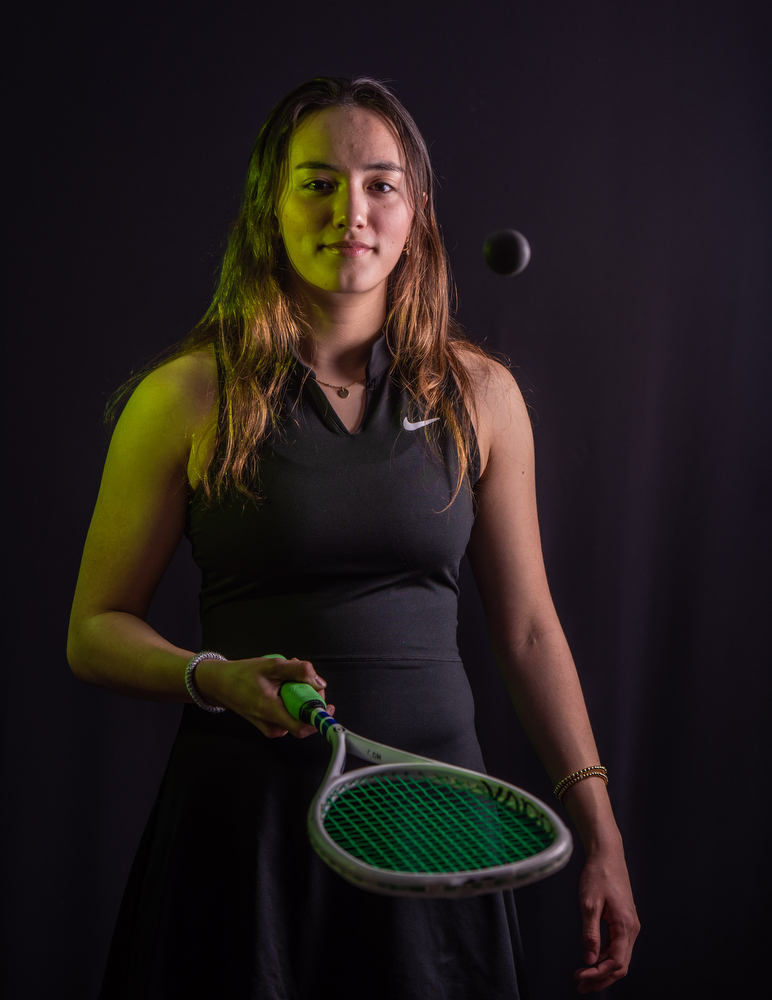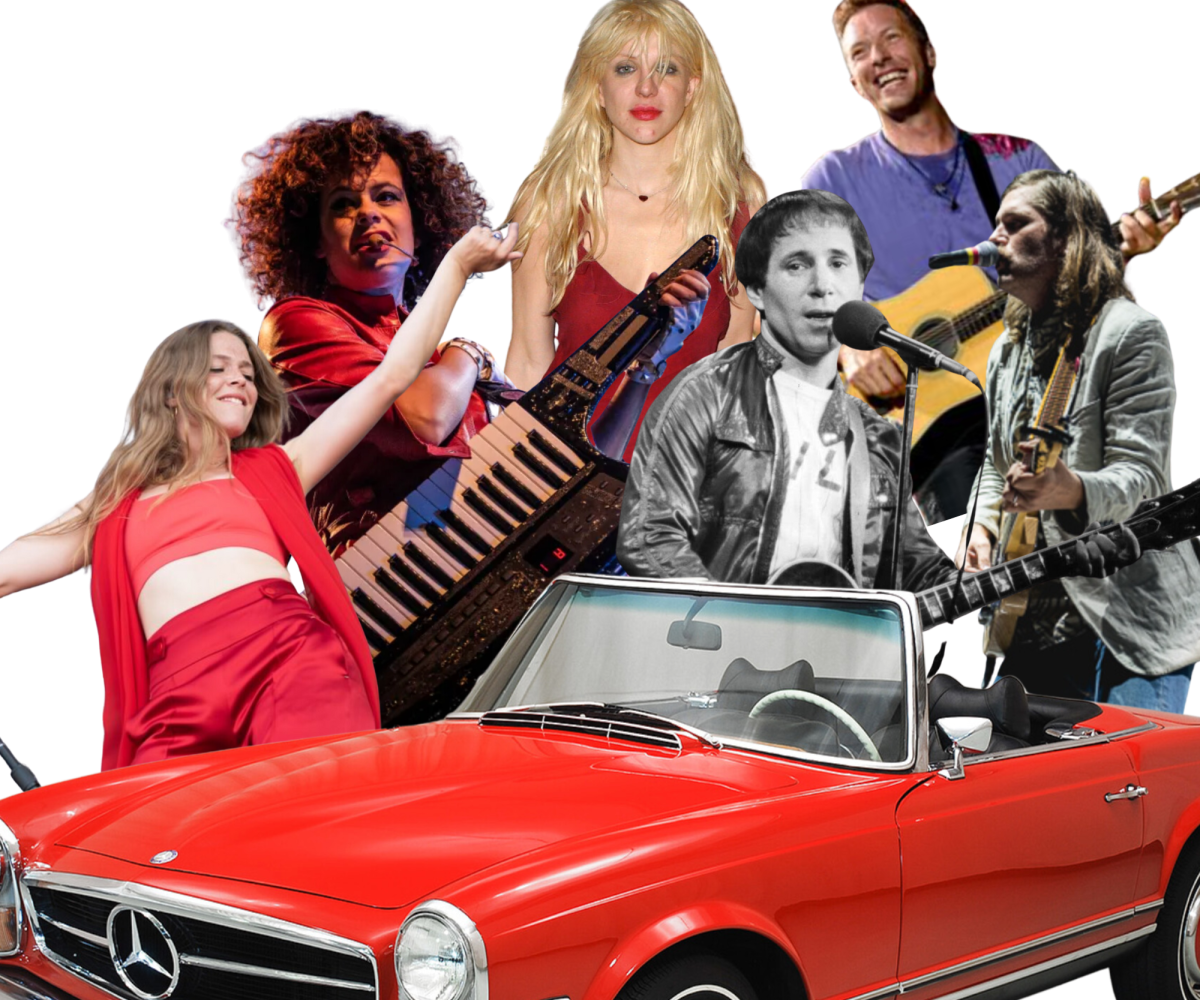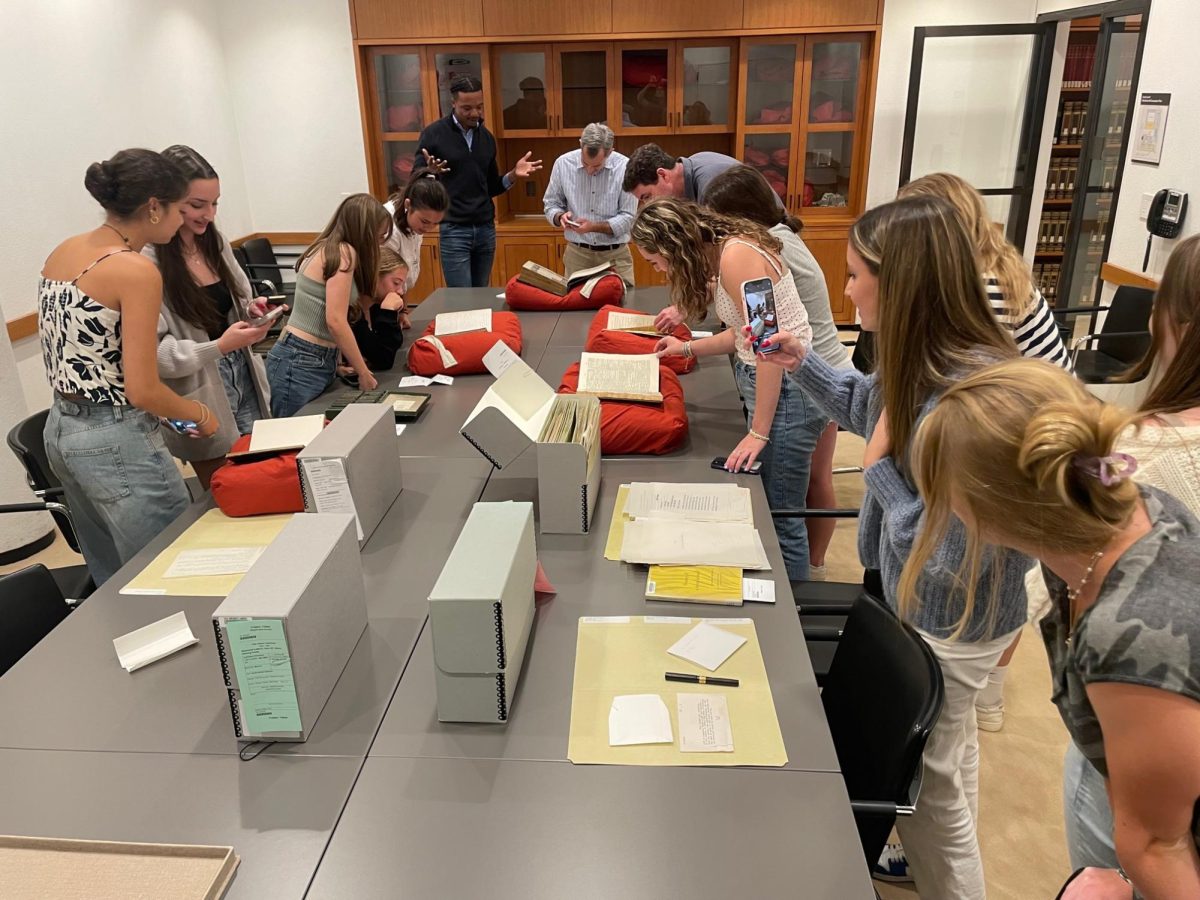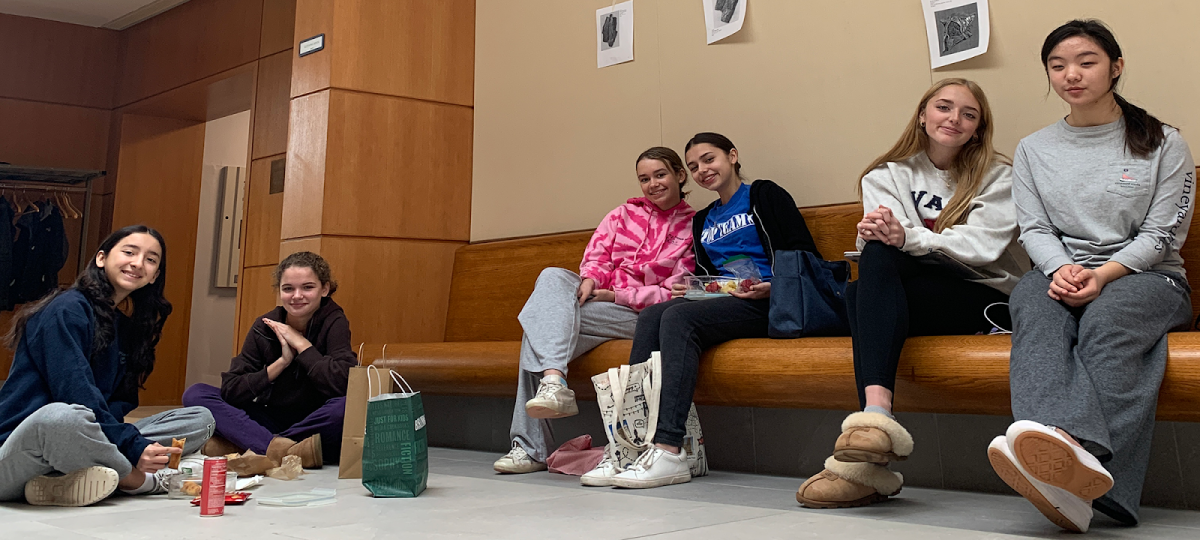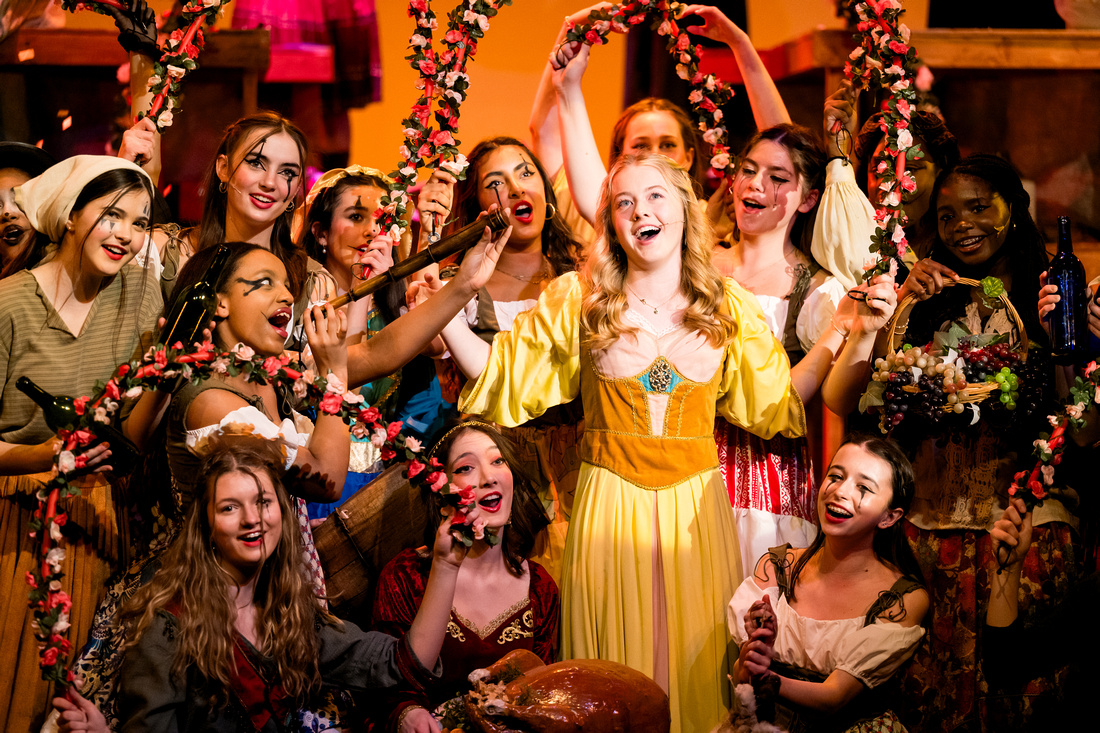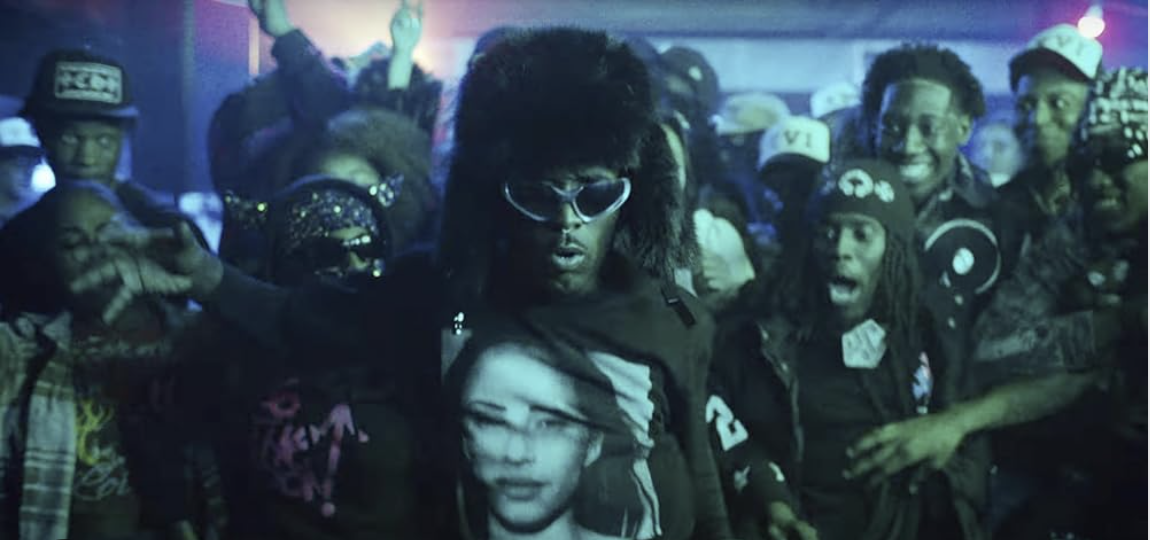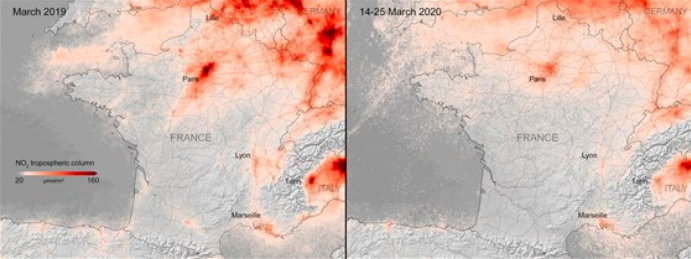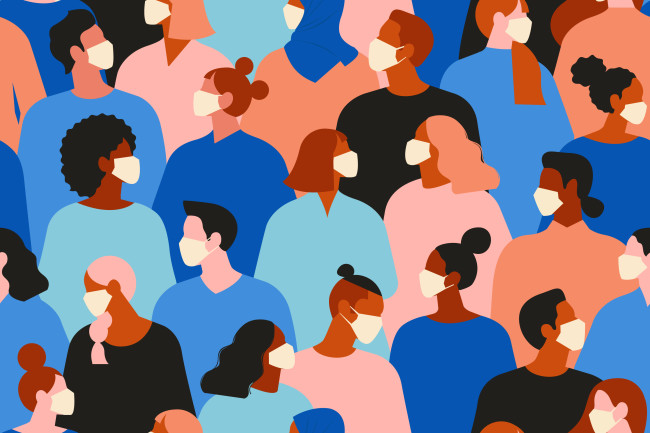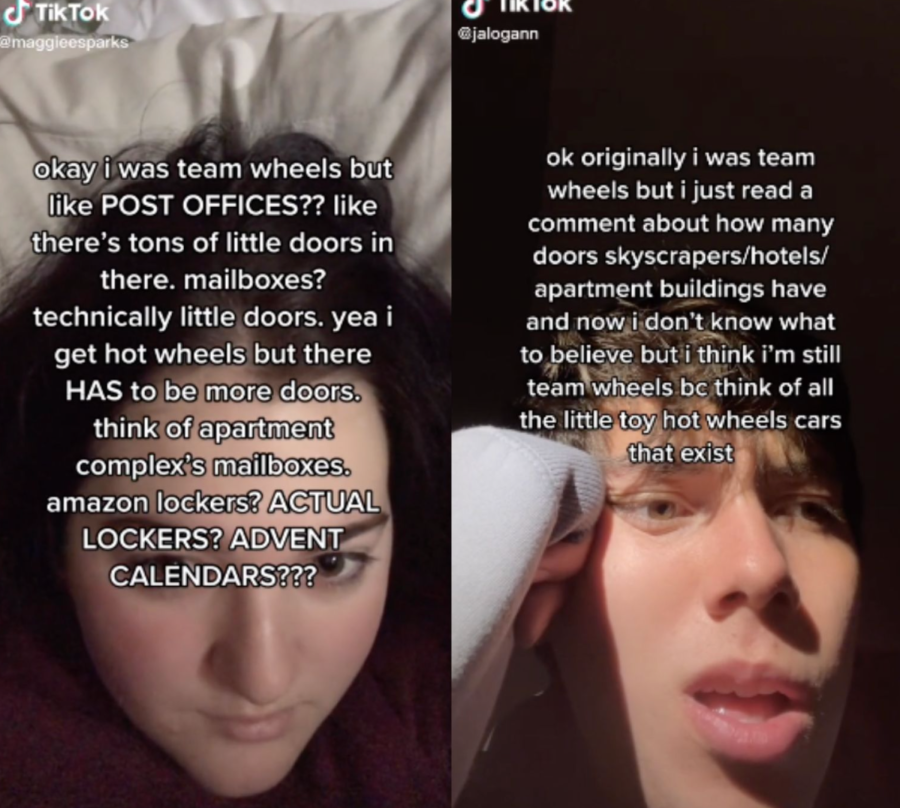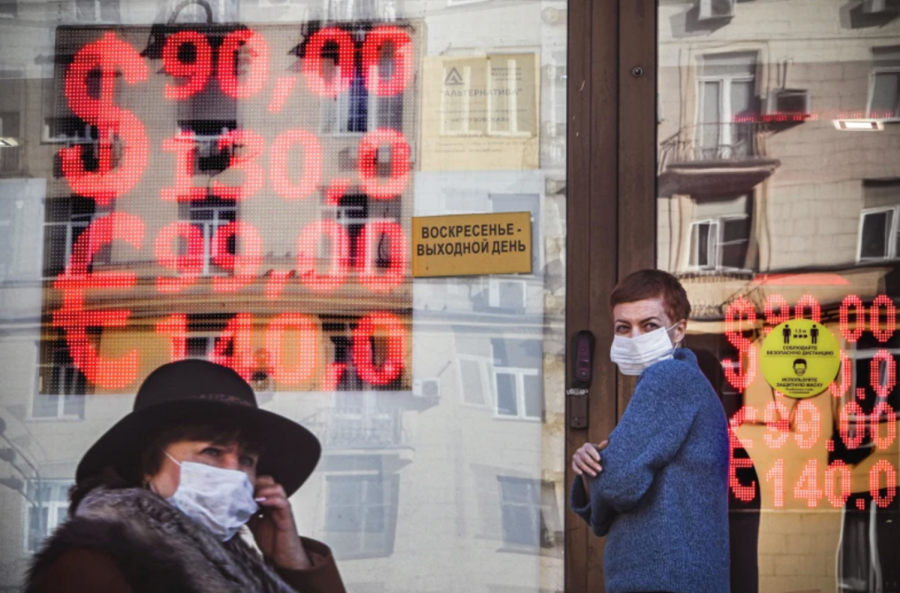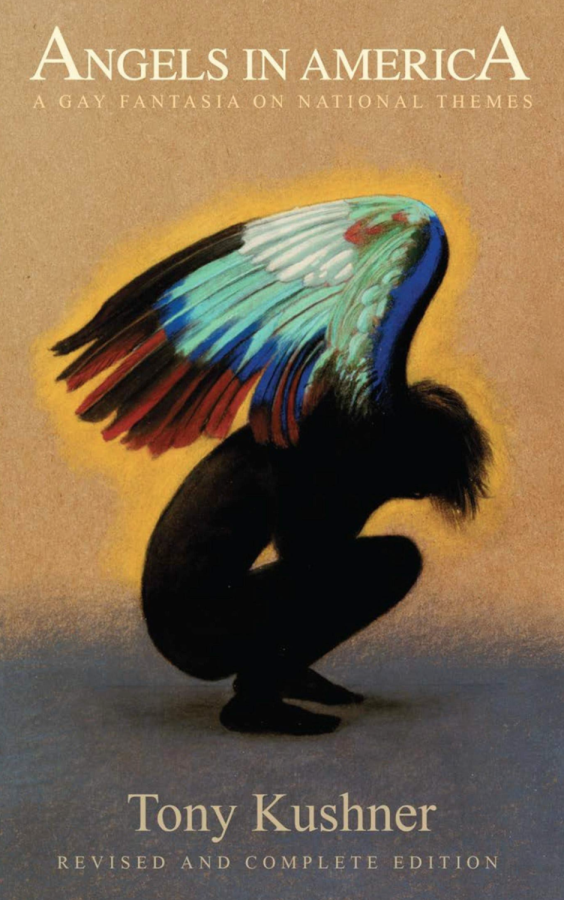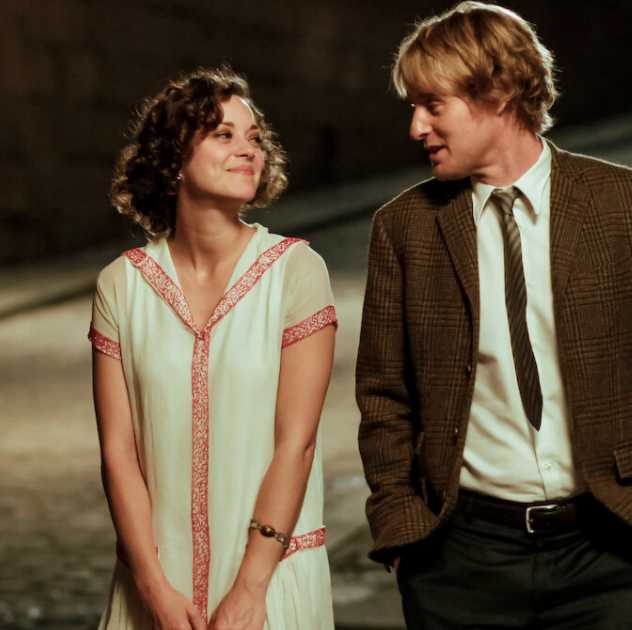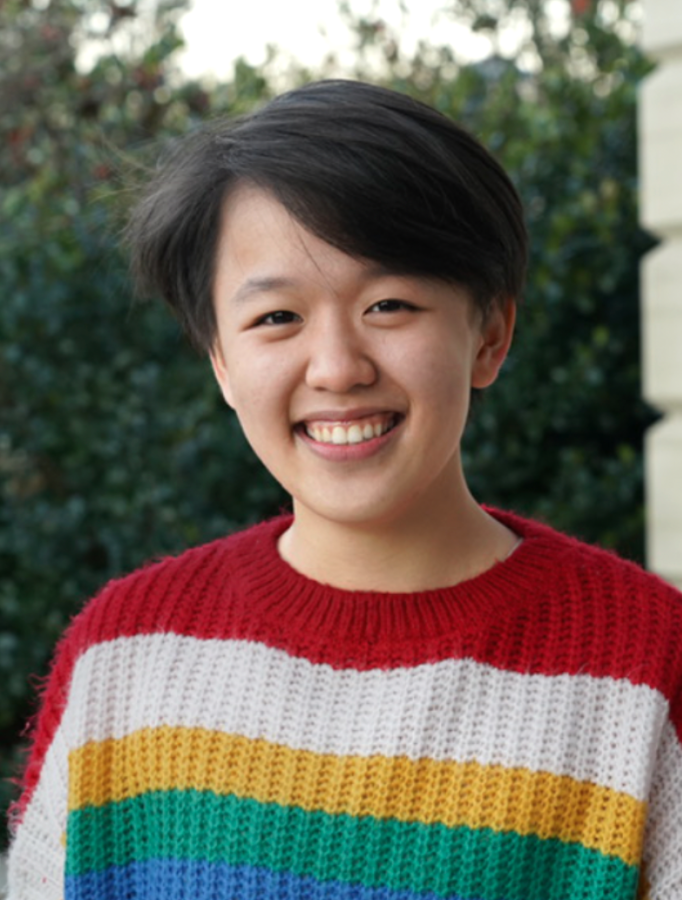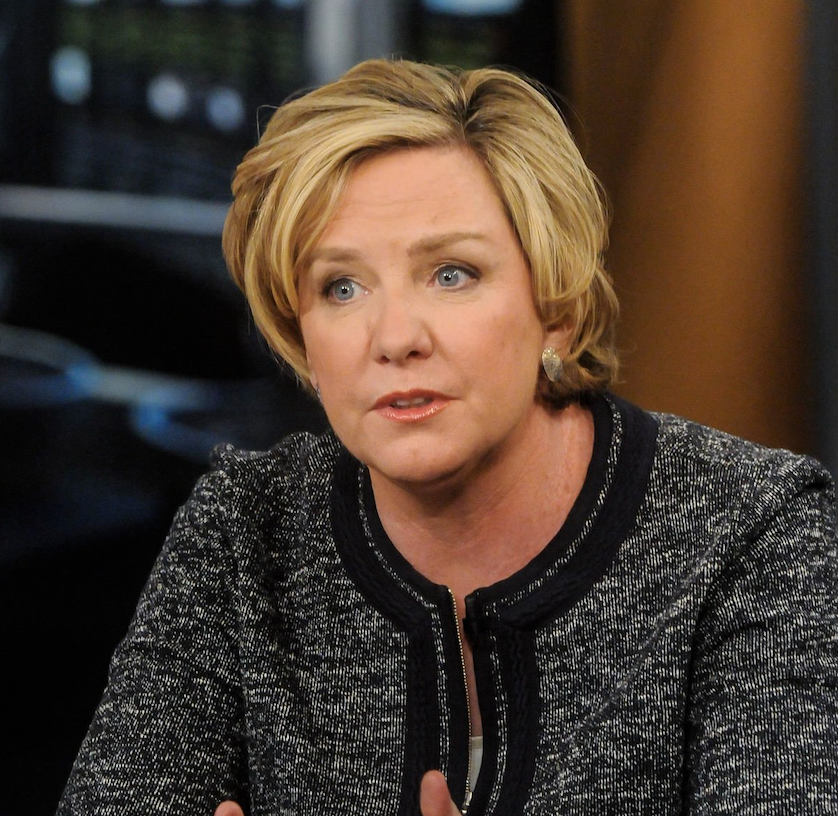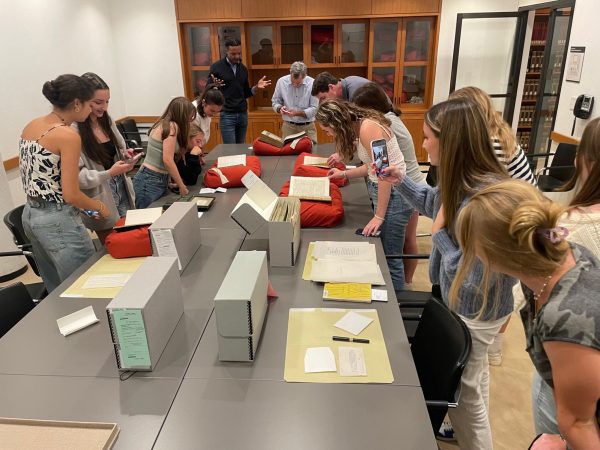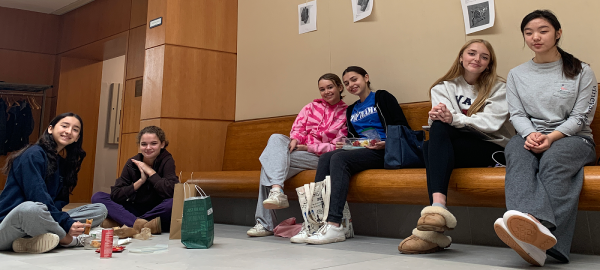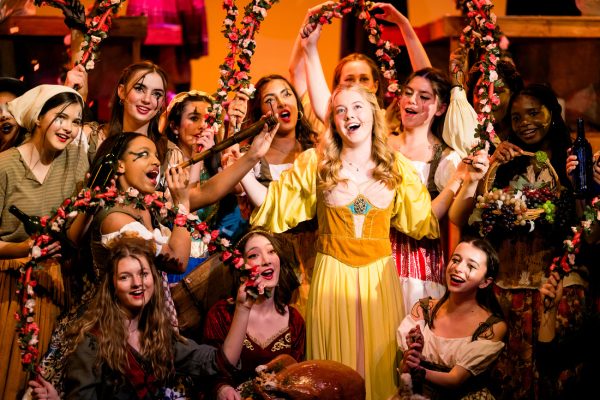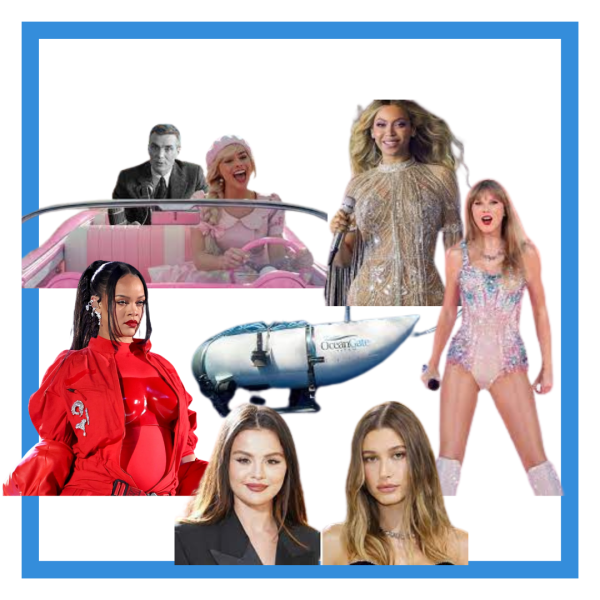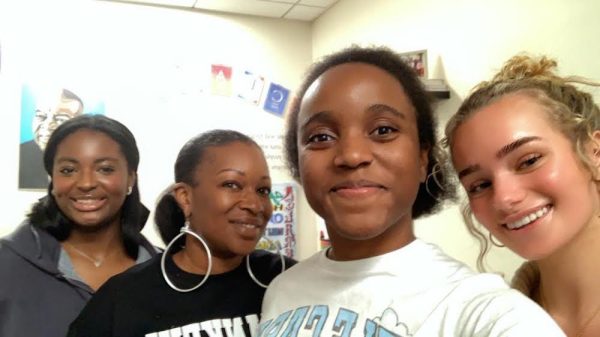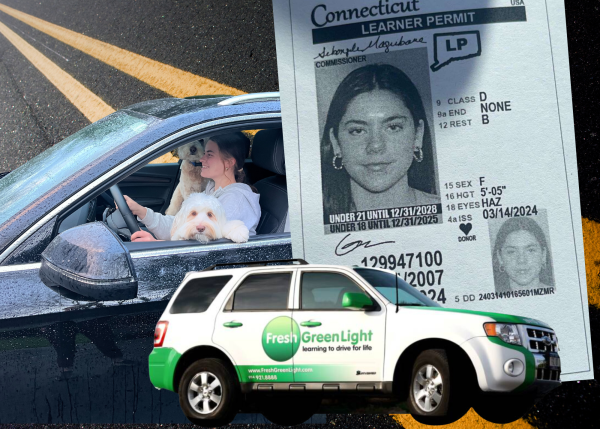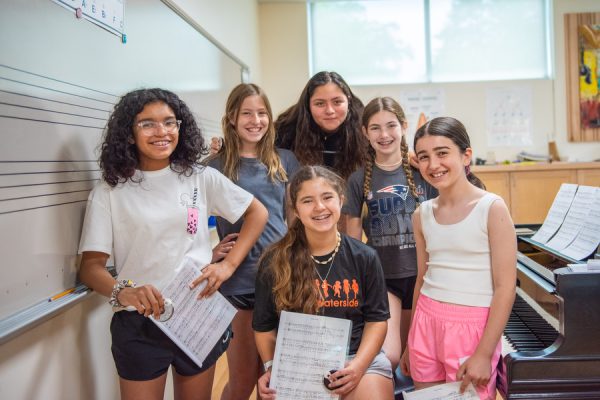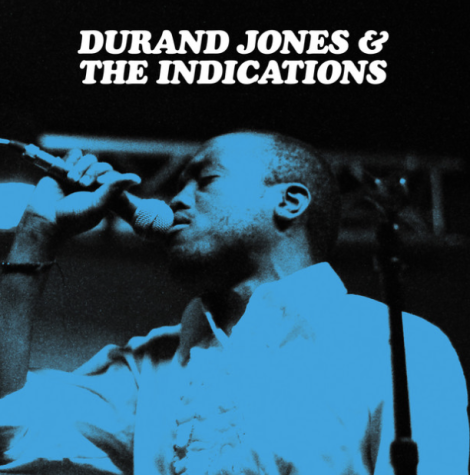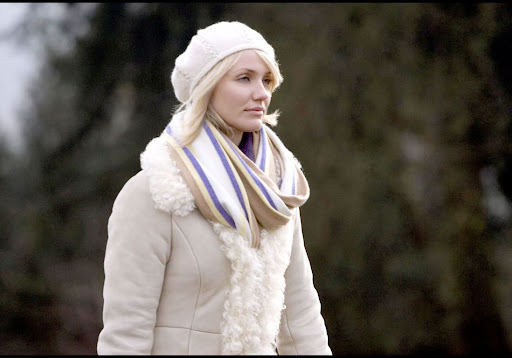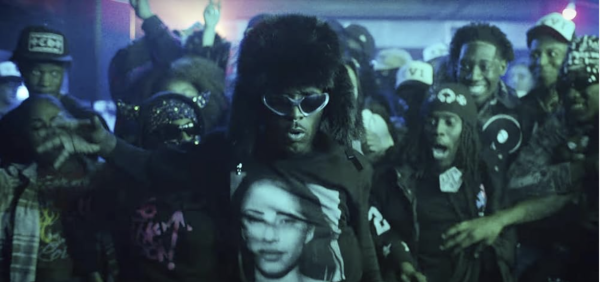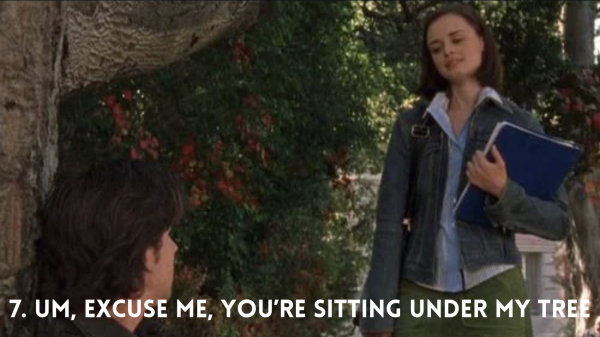Let’s Get Meta: Journalists on Journalist
Learn more about New York Times Managing Editor, Carolyn Ryan, through this GAP exclusive interview!
When Ms. Blunden’s Honors Civil Rights class and Greenwich Academy Press kids were lucky enough to book an April lunch with Carolyn Ryan, they were thrilled and appreciative that the high-ranking New York Times editor was able to come speak to them. After all, it’s not every day “lunch at GA” gets penciled in next to “first Black woman Supreme Court justice confirmed” and “war in Europe.” GAP editors (that’s us!) were even more stunned when Ryan honored our request for a follow up just days after her GA visit given that she was promoted from Deputy to Managing Editor. Here’s what we talked about!
[This interview was edited for clarity and length]
Ms. Ryan: I’m glad to see you guys! Glad you’re following up and happy to take any questions. The floor is yours.
Sara: Thank you so much. First of all we’re really excited to be meeting with you again, and thank you so much for doing this with us. We’re wondering, would it be okay if we recorded this interview to look back at, when we were writing the article?
Ms. Ryan: Yes.
Sara: Okay. Thank you so much.
Ms. Ryan: Sure.
Sarina: Okay, cool. All right. First off, congratulations on being promoted. We saw that article!
Ms. Ryan: I know that person!
Sara: No, for real. We were wondering, it must have been a crazy few weeks, or a week. We were wondering, what did you do to celebrate the news? Did you do anything fun?
Ms. Ryan: Well, that’s a great question. We’ve had assorted dinners, lunches, cocktails, but we gathered in the newsroom, which was hundreds of people, which was great because we hadn’t really been together because of COVID. Three of us were promoted. We got to meet with so many reporters. We got to meet with our boss and people were really excited. You’ll be glad to know– I don’t know if you remember this particular story from when I came out to GA, but I did tell the ferret story. One of my reporters, I went to the door of my apartment a couple days later, and he had sent me a stuffed animal ferret. I’ll send you a picture because now it’s in my office. It is very funny. I’ll send it to you.
Sara: That’d be great content for our article. Yes.
Sarina: That’s so cute.
Ms. Ryan: Yes, it’s very lifelike. It’s very funny.
Sarina: Wow. You must have had a really long journey to get where you are. That’s amazing. I know The New York Times is a destination job. It’s certainly not an entrance level job. What do you think helped the most along your journey to get where you are today?
Ms. Ryan: That’s a great question, and that word, “destination,” is exactly right. When you think about the big news organizations like The Wall Street Journal or the Washington Post or The New York Times, or even CNN, you think of those as places to finish your career. For me it was really working at smaller places and learning the skills and learning how to take on big stories and learning how to work with reporters. Some of my colleagues from the Boston Globe ended up at The New York Times, so they were able to recommend me. Journalism people tend to move around a lot from newspapers to digital websites to other organizations.
If you’ve made a good impression and you stay in touch with people, that often opens doors for you. It’s really interesting because you probably know that a lot of local papers are hurting. When people get to the Times, they tend to say, “This is where I’m going to spend my career.” One thing that we like to do if you came and, say, you were a restaurant reviewer or a food writer, we want to bring you in as that, but also, plan your career so you can do a whole bunch of other things. Maybe you want to cover Washington, maybe you want to go to Italy, maybe you want to be a firm correspondent. People have these careers that are maybe 30 years long there, and they do a range of jobs, so your word, “destination,” is exactly right.
Sara: That’s awesome because another thing that Sarina and I were both thinking about because we’re both super interested in journalism and what that journey or what that path to the destination looks like. We are both high school journalists and interested in pursuing a career in journalism. What would be your advice both to us and to the people who write for the club? Do you think that grad school or majoring in journalism is worth it, or are there other majors that you would recommend as well?
Ms. Ryan: That’s a great question. The thing that will get you ahead is reading a lot and writing a lot, and the more you can practice writing and see it as a craft that you want to get better at. A couple of things that I might do, given that you’re in Greenwich, maybe, this spring, invite the editor of the Greenwich Time or the Stamford Advocate to come in and talk about things like, “Who do they hire for reporters, and what kind of schools do they hire from?” Those are the kinds of papers that we tend to start out at, as reporters. My guess is they would say, “You don’t have to go to graduate school, but you have to be able to report a story.” Are you both juniors at this school?
Sarina: Juniors, yes.
Ms. Ryan: It’s really good that we’re talking because we’re starting a new program called The New York Times Journalism Core. If you go to college and you’re still interested in journalism, we can connect you with, if you get accepted into this program, a mentor at The New York Times who can guide you for four years. They can answer questions like “What are the classes that I should take? What are the internships I should go for? How do you get better at this field?” We just announced it today on Twitter, but I can send you some more information, but that’s the thing I would suggest.
Sara: Cool!
Sarina: Also, I’m really interested in politics as well besides journalism. I would love to know more about your time as a politics editor. What was it like to be a head of this department, especially during this time of political polarization?
Ms. Ryan: Great question. Well, I have to tell you it was my favorite job. I oversaw the political team in the 2016 presidential election. That was Trump, that was Hillary, and it was a big contest. The people who come onto the politics team, like the reporters, the editors, the photo people, tend to be politics junkies, so you’re around people who really care about the story, really want to see the country, really want to see the candidates and understand how it all happens.
You’re together for 18 months to 2 years covering a campaign. Iowa, New Hampshire, South Carolina, all over the country. It’s just really dramatic and fun. Our team got so close, so we would celebrate birthdays together and have pizza all the time. It was a wonderful team. To tell you the truth, when I just got my promotion last week, those were among the first people who reached out because we had such a tight bond. I have to say it’s music to my ears to hear that you like politics because a big part of journalism is political reporting, and seeing women go into that field and being really curious about it is really amazing. I got to tell you, it’s an exhilarating experience. I recommend it to anybody.
Sarina: Wow. Also, I’m dying to know, what was it like to cover Donald Trump?
Ms. Ryan: Oh my gosh. He was so strange. He was really obsessed with The New York Times, and he was always talking to one of my reporters or another. He would get on the phone for really long interviews. He only read the print paper. He didn’t read the digital, online, or mobile. I think that because he was a New Yorker, he would get very hostile if he didn’t like a NYT story.
He’s very challenging to cover. People have very strong views about him one way or another. It was unexpected, I think, what he did in 2016, and the fact that he came out as the president as the first person nominee and then as the president was certainly unexpected, especially for a lot of New Yorkers.
Sara: On that note, that’s really interesting for politics back then. I imagine that Trump coverage must have been the hottest thing to be talking about. We were wondering what would you say is the hot topic in The New York Times newsroom right now. Can you give us the inside scoop on that?
[Laughs]
Ms. Ryan: The story that people remain most interested in is Ukraine, and we probably have about, at any particular time, maybe 10 different stories and photos and videos. That has been driving a lot of reader interest. There was one time I noticed, recently, where Ukraine was knocked off of that position. You might remember. This was Will Smith and the Oscars slap, so to speak. We were covering that live, and that blew up, as you can imagine. To your point about politics. I’m starting to see some midterm stories, and election stories starting to rise, but, right now, Ukraine is such a big deal. Remember our audience is not just in the US, it’s also global, so a lot of people in Europe and Canada want to know what’s happening. It’s been a crushing story to cover, but people around the world seem to be really reacting to it.
Sarina: We were thinking, Sara and I are both women who are considering pursuing a role in journalism in the future. What thoughts do you have on working as a female in a male-dominated space? Are gender divisions apparent? If so, how do you work to solve this problem?
Ms. Ryan: It has gotten a lot better. When I first was coming up, for example, I was a reporter in the State House Bureau in Massachusetts.I think there were about 18 reporters in there, and there was only one other woman. Those were the best reporters in the state, so it just felt as if there weren’t women who had been given that opportunity.
To be honest, back then, people could be dismissive of women reporters and a little rough on us. We really had to roll with the punches, and, sometimes, they would just be mean, and I shouldn’t even say this, but at one point I remember they threw a grapefruit at the other female reporter.
Anyway, it was not nice, and they weren’t used to having a lot of women around. I’ve really noticed, in the past 10 years, that there has been major progress. The Washington Post is now run by a woman. We had Jill Abramson who was our first woman editor of The New York Times. I feel like a lot of those women who came before me really broke down the barriers and opened a lot of doors.
If you were to go to journalism school now, it’s more women than men. Women are really interested in journalism right now. We’re getting a lot of good female reporter candidates and female editor candidates. In fact, I will give you one piece of advice. If you like editing or being an editor, that can sometimes, let’s say, turbocharge your career because so many people want to be reporters. Is this what is going on in your school? Not a lot of people want to do the hard work of editing? Is that happening for you guys?
Sara: I’d say we definitely have a decent amount of writers here.
Sarina: Sara and I, our publication is pretty small. Sara and I are the only two editors, so there’s a lot of work behind the scenes that goes into it.
Ms. Ryan: I have to tell you, if you are good at it, you will have a career that will just take off. Good and smart editors, those are rare. If you like journalism from the editing perspective, you can have a great career. It’s harder as a reporter just because there are more people trying to do it. It’s good as an editor to have some experience as a reporter, but if you get serious about journalism, I would love it if you thought a little bit about becoming an editor.
I just met with an editor candidate yesterday, and he was wonderful. You could tell he loved working with the reporters, he loved working with the stories, and I just thought, “This is exactly the kind of person that we should hire.” We’re trying to build a more diverse newsroom, and I think we need to have editors, not just reporters, but editors who reflect a greater diversity of backgrounds. That’s one thing I’ve been working on.
Sara: That’s awesome. Actually, on that note of overall diversity, we were wondering– Talk to us about the importance of ideological diversity in journalism. Can you recall any instances where people are in the middle of a heated discussion or any anecdotes situations like that?
Ms. Ryan: I don’t know if I remember a heated discussion, but the one thing that we don’t want is to have everybody with the same point of view. A lot of our reporters are highly educated, very similar schools, very similar life experience, and we really want not just diversity in terms of ethnicity and gender, but also a diversity of experiences. People who are from the middle of the country or people who were in the military. We have hired some people who went to medical school or law school, people from working-class backgrounds, and people from international backgrounds.
What we really want is for the best ideas to rise, but you can only do that if you’re getting ideological diversity and you’re getting people who are willing to offer views that might be challenging. It might be things that readers haven’t considered, and it’s really important that we don’t just have people who all think the same because that would make the paper boring and wouldn’t reflect the real world. We really need to work on that, and that’s part of my job.
Sarina: Nice. Would you say that there are a lot of conservative columnists as well? What do you think the breakdown is on political stance?
Ms. Ryan: On the opinion page, there are probably more liberal columnists. The columnist, Brett Stevens, is a conservative. David Brooks is in the middle. I think one thing that was difficult during the Trump presidency is even the conservatives that we hired really didn’t like Trump. If the liberals don’t like Trump and the conservatives don’t like Trump, some of the columns can start to sound similar. I’m trying to think of numbers. The paper has probably more liberal columnists, but there are a few notable conservative voices.
Sarina: Okay. Got you.
Sara: Another question I wanted to ask was, during your visit at GA, I remember you mentioned that you loved reading and writing fiction. I see some titles behind you now, and we wanted to ask if you could tell us about your favorite book that you’ve read recently. Also, what books have you been eyeing to read this summer?
Ms. Ryan: Oh, what a great question. The best book, which I think I might have mentioned at GA, is a book called Lincoln on the Verge. This amazing book is about Abraham Lincoln crossing the country to become president and all the assassination plots and the militia that was trying to stop him. It’s just really well written. My political reporters have a book coming out next month called This Too Shall Pass. That book is one that I’m really looking forward to reading, and it has a lot of detail on the Trump years, the Biden campaign, and the Biden presidency, so I’m really looking forward to that. I also really like mysteries. I don’t know if you like that? There’s a really good writer. He writes modern books in the style of Agatha Christie, and if you just want to escape and you don’t want to be thinking about anything but a story, he’s amazing. He is amazing. I love, like just going off to Cape Cod or something with one of his books and you just get so engaged by it. I should ask you two since I have you here, what books do you like or what books have influenced you?
Sarina: For me, this one’s honestly a little bit embarrassing to admit. [chuckles] It’s not maybe the most influential, but it’s the series that I’ve enjoyed the most. I would say the Dan Brown series. It’s a great beach read. I’ve heard a lot of backlash from my history teachers like, “Oh, don’t read that,” or “You’re getting corrupted” or something. [chuckles] I partially agree, and I will admit, when I was reading them when I was younger, I was like, “Well, this is cool. I love history” when it was really not factually correct at all. I would say that I was intrigued mostly because it does have a mysterious aspect to it. I always fall back on that. That and Harry Potter, I will say. Those are comfort reads.
Ms. Ryan: Yes. Comfort reads. Good page-turners, and Dan Brown, I agree with you, you’re not going to take it as real history, but, man, it just gets you– like it’s escapism.
Sara: For me, my comfort read I would have to say unabashedly is the picture book, The Little Prince. I also read The Sun Does Shine by Anthony Ray Hinton a year or two ago, and I really loved it. It was about– He was put on death row. It’s about his life being sentenced for a crime that he didn’t do. Then he worked with Bryan Stevenson to get out of that situation. It was a really inspiring book. He just talks about his mentality through it, through the whole process. That was really good.
Ms. Ryan: Amazing. All right, that’s great. I haven’t read that book.
Sara: It’s really good. I would recommend it.
Ms. Ryan: Bryan Stevenson’s book, I’m trying to think of the name of it, but he’s amazing.
Sara: Oh, is it, Just Mercy, is that the one?
Ms. Ryan: Yes. Just Mercy. It’s amazing too.
Sara: Yes.
Ms. Ryan: I love that you’re reading that! Also, I have to tell you when I went to Bates College, some of my classmates brought their copy of The Little Prince because it was just a classic book that was part of their lives, so I loved it. It’s awesome.
Sarina: Also, I will say, another book that I do like is called The Shadow in the Wind. It’s another mystery book. It’s another page-turner for me. It inspired me because it shows a lot about Barcelona and its culture there after the Spanish Civil War, which I thought was super cool. It actually inspired me to write my research paper, what I’m doing now in my research class. That’s also something that I recommend.
Ms. Ryan: That’s fantastic. Have you been to Spain?
Sarina: Yes, I’ve actually been to Barcelona. I fell in love with the city as soon as I stepped foot there, it’s insane. There’s one really modern side with all of the skyscrapers and then you walk further and then you reach the Gothic Quarter. It’s just two different worlds in just one place.
Ms. Ryan: That’s fantastic.
Sara: Yes. Also, I just want to ask you one more question. I saw, on your social media accounts, that you really liked ping pong. [laughs]
Ms. Ryan: I know how to play tennis. It’s very similar, but it’s very fun. When I was in The Washington Bureau at The New York Times, I brought a ping pong table in. It also turns out that, if you are interested in brain science, the hand-eye coordination and the focus is really good as you get older. I just love it. I love playing with my reporters. They love trying to beat me.
[laughter]
It’s a great pastime, and anybody can play. I play with my friends’ kids. It’s just great. I live in New York City, so I can’t have a ping pong table in my apartment because my apartment is not big enough. But I still love it.
Sara: That’s awesome. All right, thank you so much for meeting with us. We really appreciate it.
Ms. Ryan: Thank you. All right, good luck with the story.
Sarina: Thank you so much. It was such an honor.
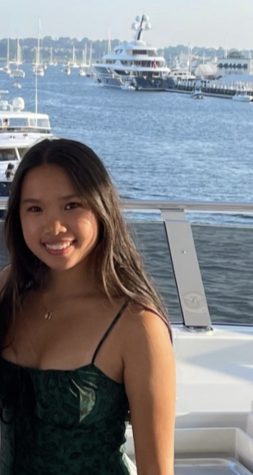
When not writing or editing for GAP, Sarina is watching figure skating re-runs, testing daunting recipes, or playing with her dog, Milo. She also loves...
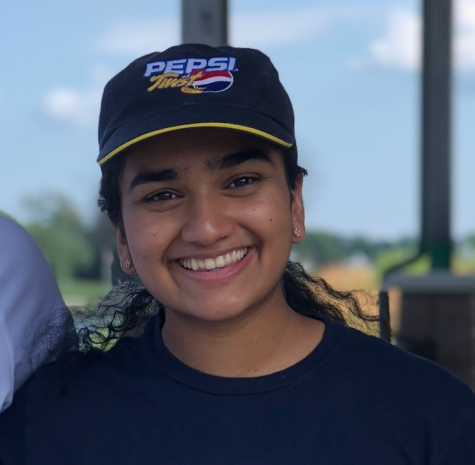
When not writing or editing for GAP, Sara loves to bake with Chef's Table, the Great British Baking Show, or music playing in the background. She also...
